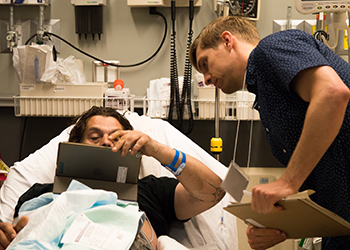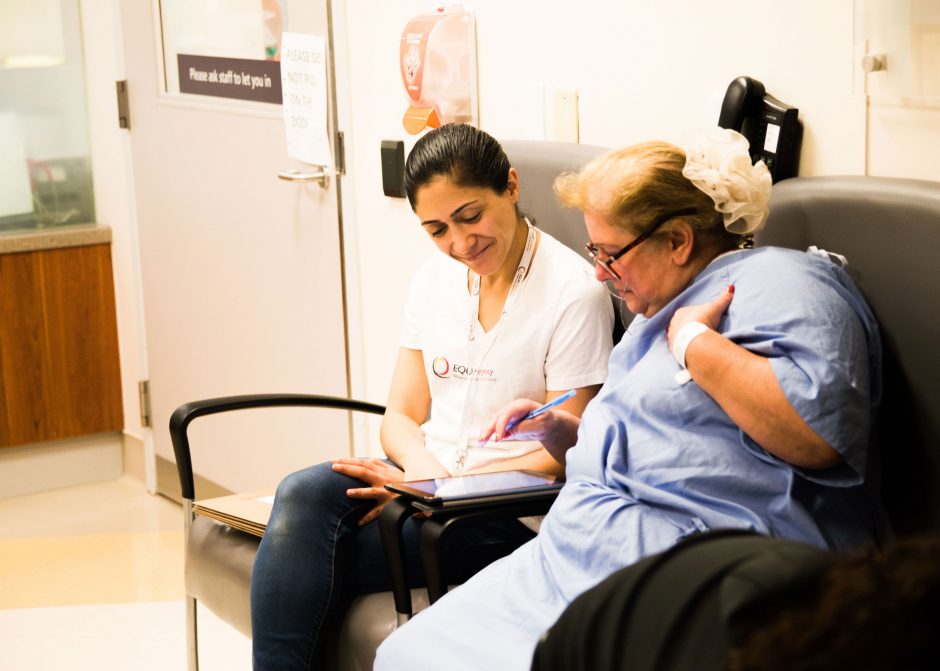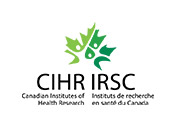Emergency Departments (EDs) in Canada often operate over-capacity and are under significant pressures, leading to rationing of care. In this context, such rationing can be based on social judgements, discrimination and untested assumptions. Consequently, certain groups of people experience inadequate and inequitable treatment in EDs, including Indigenous people, racialized newcomers, people with mental illness, those living in unstable housing or facing homelessness, experiencing interpersonal violence or using substances, and people involved in sex work.
This project, which builds on insights from EQUIP Primary Health Care, is studying the feasibility, process, and impact of implementing an evidence-informed framework for interventions to improve the capacity of Emergency Departments to provide high-quality care to people at greatest risk of experiencing health and health care inequities. Through collaboration among Indigenous leaders, ED staff and leaders and researchers, the project aims to improve care, safety, access, and decrease adverse events for patients and staff. We have adapted the Equity-Oriented Care (EOC) interventions we previously developed for Primary Health Care (PHC) clinics to promote equity, and testing how well they apply to the ED context.
If you are interested in some of the findings from the EQUIP ED study, click here to access a presentation by Dr. Colleen Varcoe and Dr. Annette Browne.







